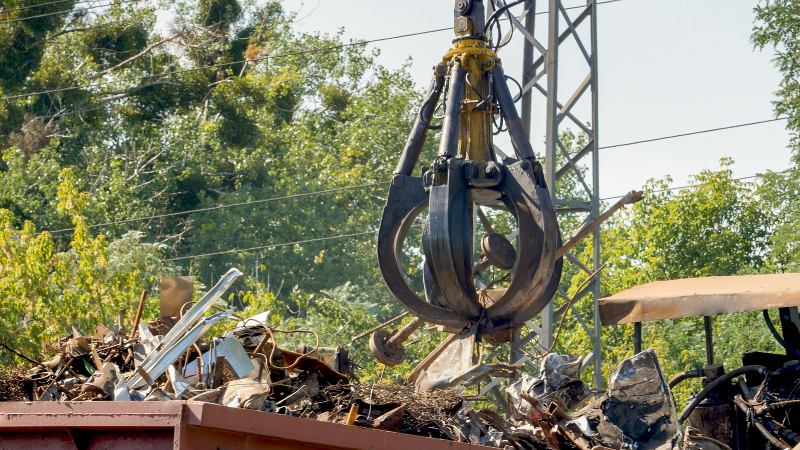

JUN 04, 2022
The benefits of recycling metals cannot be overemphasized. Apart from being a great way to make extra cash, scrap metal recycling is good for the environment and comes with many economic benefits.
If you collect recyclable scrap metals, you’ll not only be helping to preserve natural resources, you’ll also be attaining monetary benefits.
If you’re new to scrap metal recycling, you may have a difficult time telling your scrap metals apart. Luckily, there are various ways you can identify different types of scrap metal.
Different scrap metals are sold for different prices. It’s important to identify different types of scrap metal so that you can get the highest payout for your scrap metal.
If you take all your scrap metals to scrap metal buyers in one heap, you’re more likely to get an average price for the unorganized metal. On the other hand, organizing your scrap metals in separate bins allows you to get the highest price possible.
A common method for telling your scrap metals apart is performing a magnet test. The magnet test is used to distinguish ferrous from non-ferrous metals.
Ferrous metals are composed of iron and have magnetic properties. Examples of ferrous metals that stick to a magnet include iron, stainless steel, nickel, cobalt, and scrap carbide. If the metal is attracted to a magnet, the it is considered ferrous, which means it contains iron or iron components.
Ferrous metals are less valuable compared to non-ferrous metals because they are readily available. However, scrap metals buyers such as RCM Recycling accept both ferrous and non-ferrous metals and properly recycle them.
Non-ferrous metals are those metals that do not contain iron or iron components. Examples of non-ferrous metals include copper, aluminum, brass, magnesium, lead, zinc, chromium, titanium, mercury, silver, and gold.
Non-ferrous metals are not attracted to a magnet because they do not contain iron or iron components. These metals command a higher price because they are rarer than ferrous metals. Non-ferrous metals can earn you a lot of money when you separate them from ferrous metals.
The main reason why scrap metal buyers differentiate between ferrous and non-ferrous metals is that non-ferrous will sell for a higher price.
If the magnet sticks to the metal, it is a ferrous metal.
Now that you know how to tell your scrap metals apart, you’ll have a better sense of the worth of the scrap metal you come across. This can help you decide what scrap metals to focus your time and effort on.
If you’re looking for top paying scrap metal buyers, you’ve come to the right place. RCM Recycling accepts all ferrous and non-ferrous metals, insulated wire, aluminum cans, appliances, and many other materials.